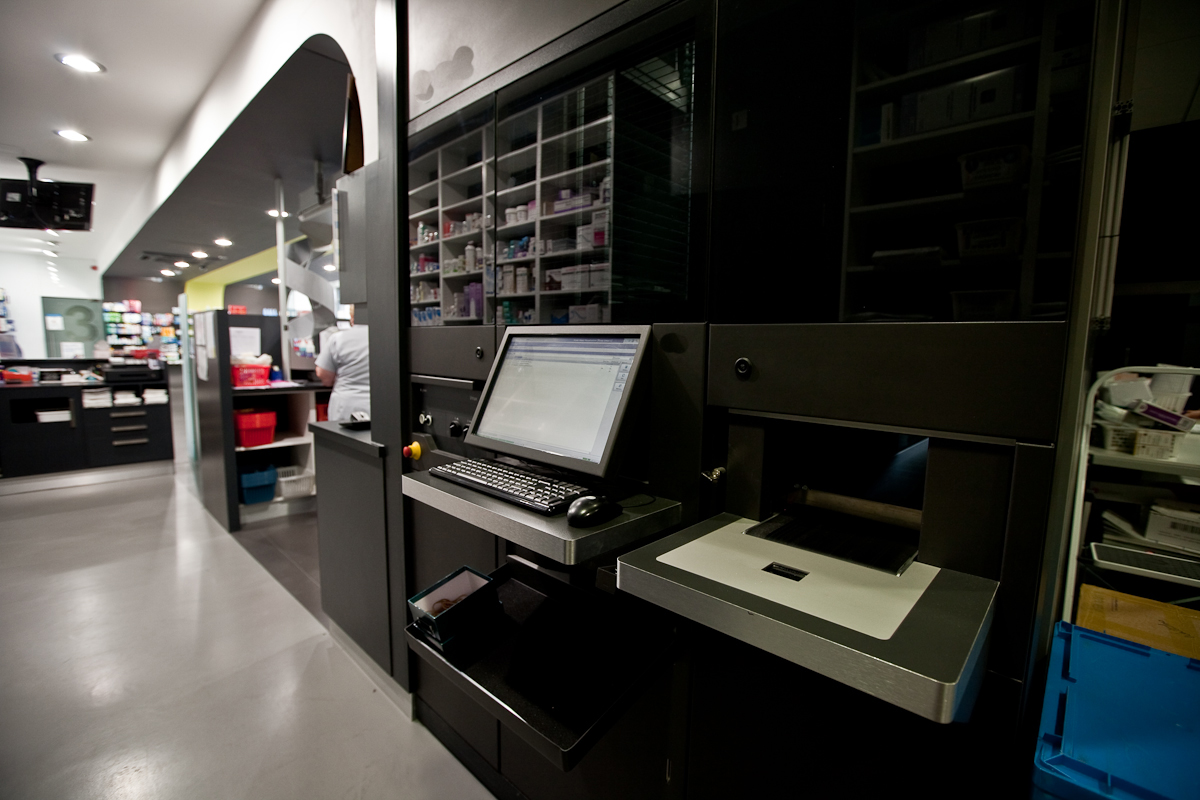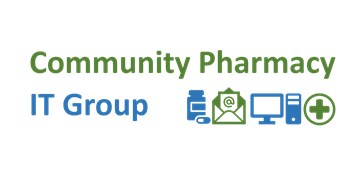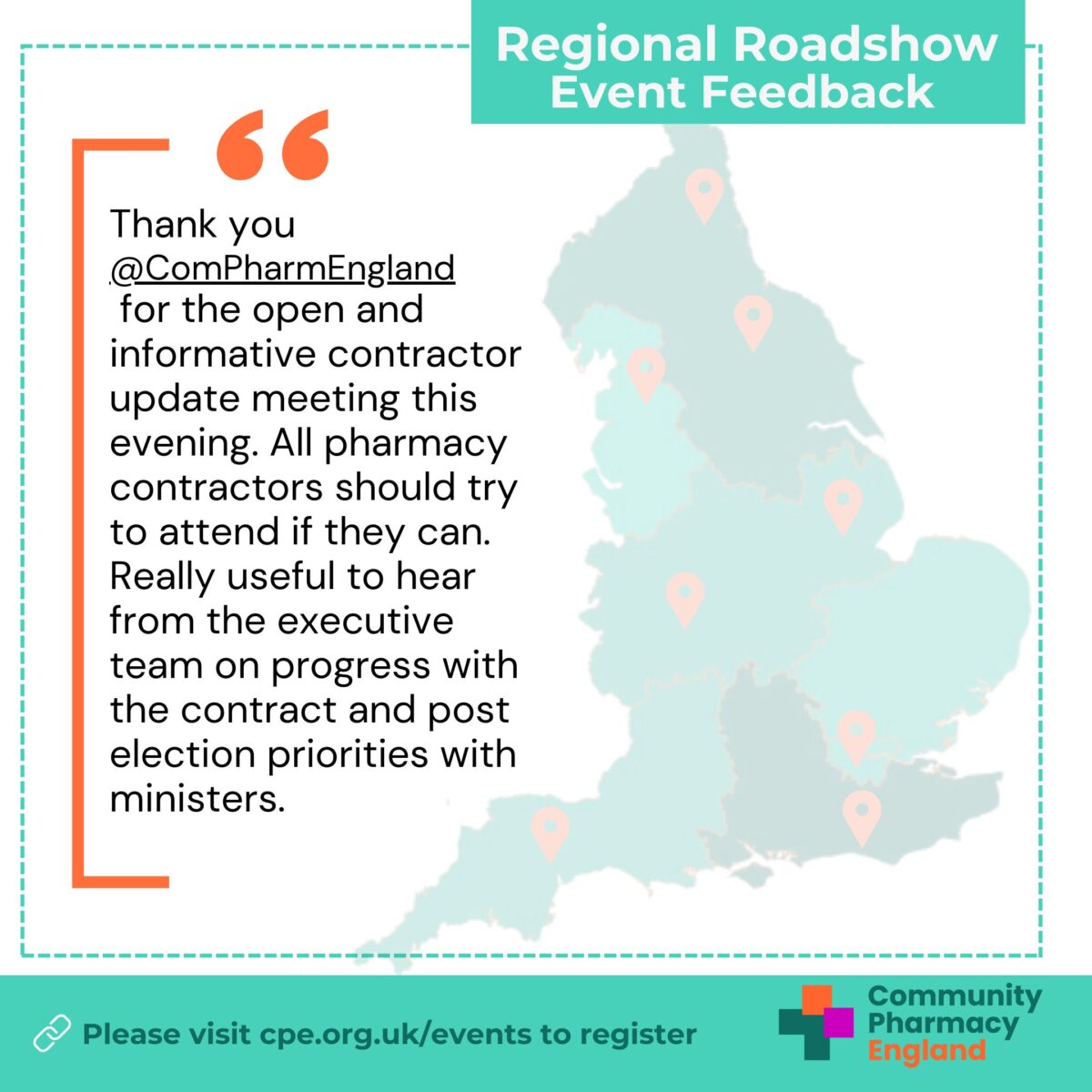WiFi
Published on: 14th April 2020 | Updated on: 8th February 2024
Providing WiFi in community pharmacy has significant costs and challenges, as well as benefits and opportunities. Some pharmacy staff and patients are finding benefits with more WiFi connections within those community pharmacies which have it.
Community pharmacies may access separate (non-N3/non-Health and Social Care Network (HSCN)) broadband for staff and/or customer WiFi access for security purposes.
General benefits may include:
- Greater enablement of laptops and mobile devices for work usage.
- Reduced time for staff waiting to use the fixed PMR terminals.
- The ability of pharmacy staff to be able to access patient records throughout the pharmacy, rather than being limited to use of fixed terminals.
General benefits may include, the below, especially if 4G phone signal is patchy at your pharmacy.
- A greater awareness of services provided by the pharmacy and the NHS to patients; and
- Access to clinical information to enhance their pharmacy visit e.g. access to online healthcare and advice such as that from the internet or NHS App and other health apps.
Routers have been identified as one of the key factors which enable better internet speeds. See the section below for more about router replacement cycles to maintain adequate connectivity and WiFi.
NHS Digital say they anticipate that over time, like-for-like HSCN connectivity should become considerably cheaper. In the global commercial broadband market, the price for like-for-like connections has decreased over time. The UN’s report ‘The State of Broadband’ highlighted that within 20 years, things were done 100x faster at the same price within the domestic broadband market.
Pharmacy teams may use free online speed test tools (e.g. Online speed test from Which?) to assess the performance of their connection and weigh up offerings when they are selecting between pharmacy system and connectivity offerings. Many factors can impact WiFi speeds such as the routers, infrastructure within the area etc.
This section draws references information from within NHS Digital WiFi guidance including the NHS Digital WiFi policies and guidance document and using considerations that the Community Pharmacy IT Group considered about the topic.
Your technical support may consider when setting up WiFi:
- WiFi standards that need to be complied with.
- Standard Service Set Identifiers (SSIDs) (WiFi network names) make it simpler for users. E.g. ‘NHS WiFi’ for the public.
- User classes: will WiFi be provided for public (patient/citizen), guest (professional), corporate (staff), and medical devices (if applicable)?
- Network separation is needed to isolate those separate user classes.
- Router quality and replacement cycles (see cpe.org.uk/routers).
- Bring Your Own Device (BYOD) devices needs to be restricted to the guest and public SSIDs, as it is unlikely BYOD devices are secure enough to be on the corporate network with access to sensitive data.
- Isolating the public WiFi clients from one another.
- What web filtering will be used?
- Will roaming be supported (e.g. GovWiFi, eduroam, govroam)?
- How will the system be administered, monitored and patched? Security updates protect (e.g. see ZdNet webpage).
- Standard public WiFi is normally unencrypted.
- Bandwidth: is the internet connection suitable? Public traffic should not be routed via HSCN/N3.
- Is the local network hardware suitable? I.e. Network infrastructure including Access points (APs) and firewall.
- Firewall: How complex will the firewall system be?
- Will traffic be prioritised e.g. Quality of Service (QoS) techniques?
- Will a captive portal for public/guest registration be used and Acceptable Use Policy (AUP)?
- How will WiFi affect the Data Security and Protection Toolkit submission (the replacement for the IG toolkit)?
Large organisations might be able to use an internal specialist team to implement WiFi, but most organisations would need to procure the service by approaching specialist companies for example those listed by Crown commercial services (CCS) (CCS list).
Staff should be aware that access of sensitive work via a mobile device to sensitive work content over public WiFi hotspots is not appropriate because of the security limitations with public hotspots.
Further info
Read more:
- NHS WiFi (NHS Digital webpages): information about its roll-out to trusts and certain NHS organisations as well as associated standards and guidance. Rollout of NHS WiFi to community pharmacies is currently not within scope but Community Pharmacy England will make announcements if this situation alters.
- Scottish Wide Area Network (SWAN) involved rollout of some managed WiFi within parts of Scotland.
If you have queries on this webpage or you require more information about this topic, please contact it@cpe.org.uk. To share and hear views about digital developments with like-minded pharmacy team members, join the CP Digital email group today.
The National Pharmacy Association may also provide business and other advice about this topic for its members. Your IT support may also further advise.
Go to IT webpage: Routers
Go to IT webpage: HSCN/N3
Return to the IT section: Connectivity
Return to the Pharmacy IT hub or IT a-z index
For more information on this topic please email comms.team@cpe.org.uk












